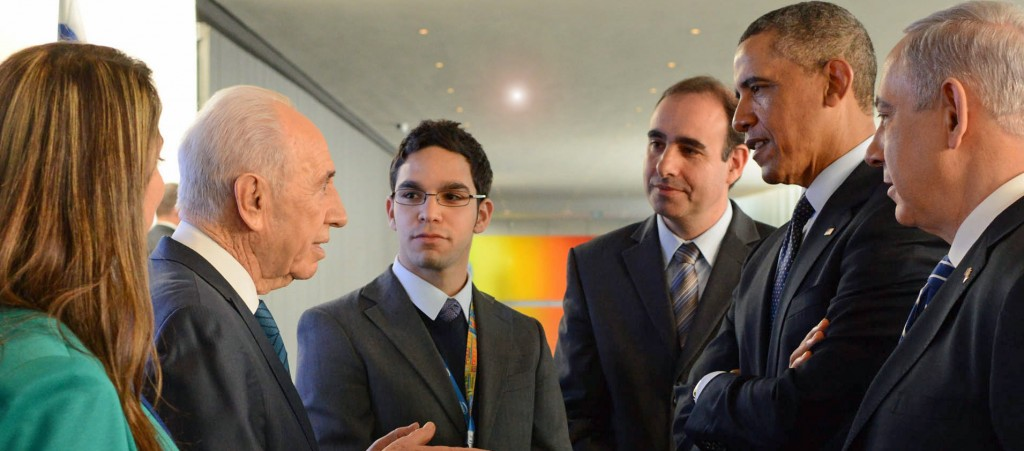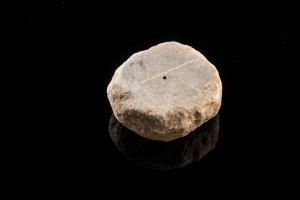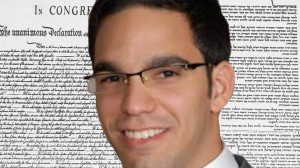
Technion M.Sc. student Saeed Kharouf has been a bright light in the visit of US President Barack Obama to Israel this month. There is no secret around the impressive science and technology arising from Technion ingenuity – resulting in three Nobel Prizes and life-saving innovations such as the Iron Dome that protects cities from missile attack or the ReWalk, that enables paraplegics to walk, climb stairs and even drive. But Saeed tells a different story: one of educational cooperation and openness between two people the world has deemed at war, one of the opportunities of peace and the power of educated humanism.
Saeed Kharouf grew up in Beit Hanina, in East Jerusalem. He studied at the American University of Beirut, interned at Intel in the United States and is now working as a Digital Circuit Designer at Intel Israel’s Haifa plant while completing his master’s degree in computer science at the Technion.
Saeed met with President Obama on March 21st to share the vision of shared progress and enlightenment as a way to generate solutions to many of the region’s difficulties. “I said that hopefully one day, maybe in 20 years, I’ll be president or CEO of Intel and try to help my people to have better job opportunities and give them the same opportunities I had,” Kharouf told the Israeli national paper Ha’aretz. “Obama laughed and said, ‘Why not?'” Indeed, it is not unrealistic: Intel’s current CEO Mouli Eden is also a Technion graduate.
Saeed met the president of the United States at the Israel Museum, where the President was presented just some of the success stories to come out of bi-national high-tech cooperation. One of these is a project called Ma’antek; an initiative of President Shimon Peres’s office that aims to recruit qualified Israeli-Arabs into Israel’s flourishing high-tech industry. Ma’antek provides a bridge for Arab students into the workforce. Aside from Intel, it has connections with another 30-odd multinational companies operating in Israel. “They help students with resumes, holding workshops, preparing for interviews, everything you need to be successful,” said Saeed.

“The work Maantek is doing really is important for people like me. I honestly faced some difficulties myself, with the language and the culture, when I was looking for a job here,” he added. Although he might easily have found work in the United States or Lebanon, he wanted to return home to be close with this family – and now spends his time between Haifa and Jerusalem. “I think we can be examples to young people, so they can find the motivation to work hard. I hope my success is paving the way for them. This is extremely important for the development of the country and for Arab people. Still there’s a lot to do, but it will take time. We need to keep motivating youngsters to study, and to be in a position to effect change that might one day change the world.”
The meeting took place during an intense visit of the President of the Unites States to Israel in which Prime Minister of Israel Netanyahu presented the President with a unique gift created by Technion scientists from the Russell Berrie Institute for Nanotechnology (RBNI): a nano-sized grain of dust on which is inscribed the original Declarations of Independence of the State of Israel and the United States of America. The gift is positioned on a 200 year old Jerusalem Stone, dating back to the era of the 2nd temple.


